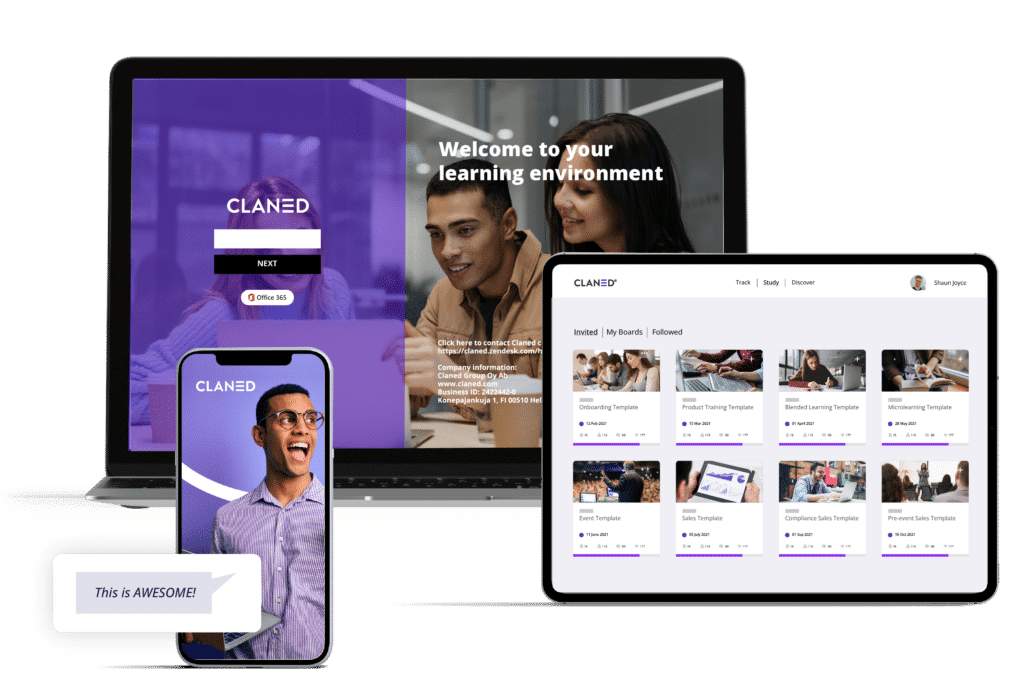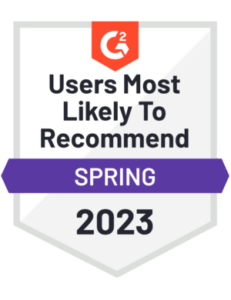Shifting the dynamics of traditional training, daring and future-thinking learning and development programs are shifting from traditional top-down models towards ones that focus on learner-centric methods.
This approach hinges on the pivotal concepts of learner agency and autonomy, recognized not merely as beneficial but as crucial for fostering effective learning experiences.
The critical question we address here is the role of learner agency in professional development: why it’s essential and how to strike the right balance between providing autonomy and maintaining necessary guidance in professional learning settings.
The Value of Learner Agency and Autonomy
Learner agency and autonomy empower individuals to take control of their learning journey. It’s about more than just giving learners the reins; it’s about instilling a sense of ownership and responsibility in their education.
Here’s why it matters:
- Curiosity and Motivation: When learners have a say in what, how, and when they learn, it ignites their curiosity. They become motivated to explore, question, and discover. This intrinsic motivation is a powerful driver of engagement and knowledge retention.
- Individualized Learning: Every learner is unique, with distinct strengths, weaknesses, and learning preferences. Agency allows learners to tailor their learning experience to suit their individual needs. This personalization enhances understanding and long-term retention.
- Problem-Solving Skills: Encouraging learners to make decisions and solve problems independently nurtures essential life skills. They become resourceful, adaptable, and better equipped to face real-world challenges.
Challenges to Overcome: Balancing Freedom and Guidance
Implementing learner agency and autonomy is not without its challenges, primarily because of concerns about giving learners “too much freedom.”
Two distinct issues emerge:
- The Skepticism of Educators: Many educators, trainers, and leaders worry that granting learners too much freedom might lead to missed learning objectives or critical information. There’s a fear that learners might “miss the point.”
- Determining the Right Amount of Guidance: Striking the perfect balance between providing learners with the essential support they need for success without overwhelming them can be a daunting task. What is “the right amount” of content and guidance?
Strategies for Implementing Learner Agency and Autonomy
- Clear Learning Objectives: Start by defining clear learning objectives and outcomes. Ensure that learners understand what they need to achieve. This provides a framework for autonomous exploration.
- Structured Choice: Offer learners a menu of options within a structured framework. For example, present a range of topics or projects related to the learning goals and let learners choose which one aligns with their interests.
- Progressive Independence: Gradually introduce more autonomy as learners gain confidence and demonstrate their ability to self-direct. Begin with structured tasks and provide more freedom over time.
- Guided Reflection: Encourage learners to reflect on their learning journey. This can be through journals, discussions, or assessments. Reflection helps learners assess their progress and make informed decisions.
- Continuous Feedback: Establish channels for ongoing feedback and support. Ensure that learners can ask questions, seek clarification, and discuss their progress with educators or peers.
The Art of Balance: Learner Agency with Accountability
Striking the right balance between learner agency and guidance is an art. It requires constant vigilance, adaptability, and a deep understanding of the learners’ needs and the subject matter.
When done right, it empowers learners to take charge of their learning journey while ensuring that no critical knowledge or skills are missed.
By embracing learner agency and autonomy and navigating the challenges effectively, we can create a learning environment that fosters curiosity, motivation, and ultimately, impactful learning outcomes.
In this journey, educators become facilitators of knowledge, guiding learners as they explore and discover the vast landscape of education with independence and purpose.
Conclusion
Learner agency and autonomy are more than educational buzzwords; they are essential components of a transformative learning experience.
By empowering learners to take an active role in their education, we not only enhance their learning outcomes but also prepare them for a lifetime of curiosity, problem-solving, and personal growth.
As we continue to navigate this educational transformation, the role of learner agency and autonomy will undoubtedly remain at the forefront of effective and impactful learning.







